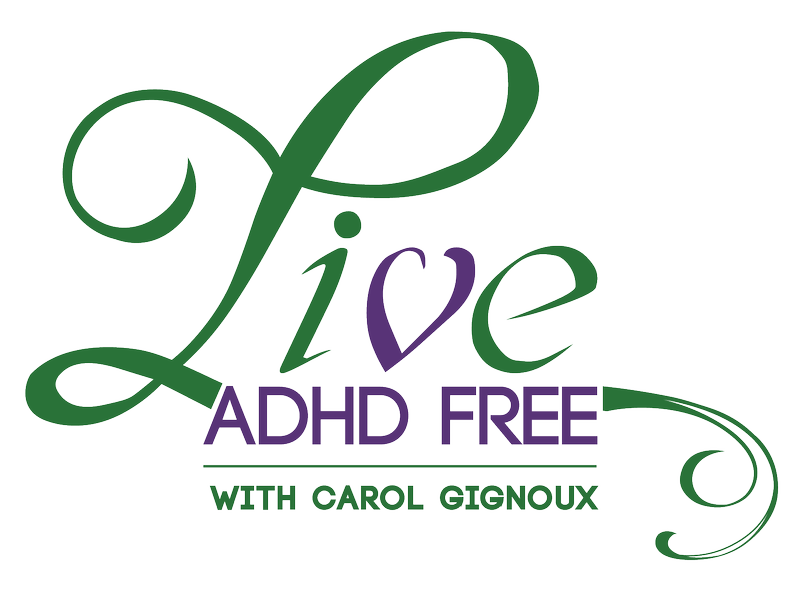The story of an ADHD marriage. See if you can guess how it ends.
Philip and Tessa met in college in the ‘80s. They dated for a few years, got married, and soon had four children. Making education a top priority, Tessa home schooled all of the kids. Spoiler alert: from a couple’s counseling standpoint, this means the entire marriage became oriented around raising the children. Tessa’s whole adult life became defined by motherhood. But this isn’t an average marriage, it’s an ADHD marriage.
What happens when the kids grow up
Now, the children are all in their 20s and early 30s, out working and building families of their own. Philip and Tessa are a family of two again, and they aren’t enjoying the arrangement. It’s been decades since they gave each other so much attention. Even when there were rocky moments 10 or 15 years ago, the relationship always took second place to parenting. Without parenting to take priority, the relationship issues seem very glaring now!
Communication triggers in an ADHD marriage
I worked with Philip and Tessa on communication and triggers. One issue that needed to be addressed from the start was Tessa’s default response to conflict. Her response was, “It’s all because of Philip’s ADHD.” The fact is, that reaction is unproductive and unfair. Yes, Philip has ADHD. But that means that you know what to expect from him, so don’t put him in situations where he is doomed to fail.
A classic issue was Tessa interrupting Philip in the middle of something to ask him for a favor, which he would later forget all about. Tessa would be waiting for him to trip up and would pounce on him for it. Philip would get defensive. He started to find ways to get out of the house to go for a drink – a habit that had become destructive for him in his youth. This would only rile up Tessa more, leading to a vicious circle.
During our sessions, we used an exercise in which Philip would explain a fight, then retell the story from Tessa’s perspective, and vice versa. They stopped thinking in terms of, “I’m right, you’re wrong,” and started walking in the other’s shoes. They started to figure each other out again.
Finding strategies to work on problems
We identified ADHD behaviors that Philip manifested. Instead of letting them become a scapegoat for Tessa’s frustrations, both of them agreed to find strategies to work around the problems.
More importantly, we got to the real heart of Tessa’s nagging: she was lonely and directionless without the children. She needed Philip to be a more attentive, loving partner, now that it was just the two of them again. She simply couldn’t find the words to tell him that. Her default was to passive-aggressive pestering, just to get some kind of attention. Now, they know to put more effort into spending quality time together, such as taking walks every evening.
Building on what they learned
What I hope for them is they can build on the communication work we started. It’s hard to change after 30 years of doing things the same way. But it’s never too late to change when it matters. By the fall, they could handle a conflict with calm conversation, no more accusations or name calling. I was heartened by their healthy communication patterns and the fun they were having together. I believed they’ve developed a deeper understanding of how their personal behavior affects the relationship, especially an ADHD marriage.
Learn more about building a happier ADHD marriage by registering for our ADHD Couples Program. In 12 weeks, you’ll discover how to rebuild and heal your relationship. Find out more today.

